Elon Musk, co-founder and early supporter of OpenAI, has taken legal action against the organization he helped establish. The core of the lawsuit lies in Musk’s accusation that OpenAI has shifted from its original mission of building safe and open artificial intelligence for public benefit to becoming a profit-driven enterprise tightly aligned with Microsoft. This move has stirred significant concern within the tech community, particularly among former OpenAI staff who now appear to back Musk’s claims.
This legal battle brings to the surface a deeper conflict that has long existed in the artificial intelligence sector—between building ethical, transparent systems and the increasing pressure for commercialization and profit. As AI becomes more powerful, this debate grows more urgent.
What Elon Musk Claims
In the lawsuit filed earlier this year, Musk alleges that OpenAI has “abandoned its founding mission” by entering into a multi-billion-dollar partnership with Microsoft. The tech billionaire argues that OpenAI’s newest model, GPT-4, is being used for proprietary gains, contradicting the company’s original goal to provide open-source AI technology for the public.
Musk’s lawsuit asserts that OpenAI is now functioning more like a closed, profit-oriented company rather than a non-profit entity. He points to OpenAI’s exclusive licensing agreement with Microsoft as proof of this transformation.
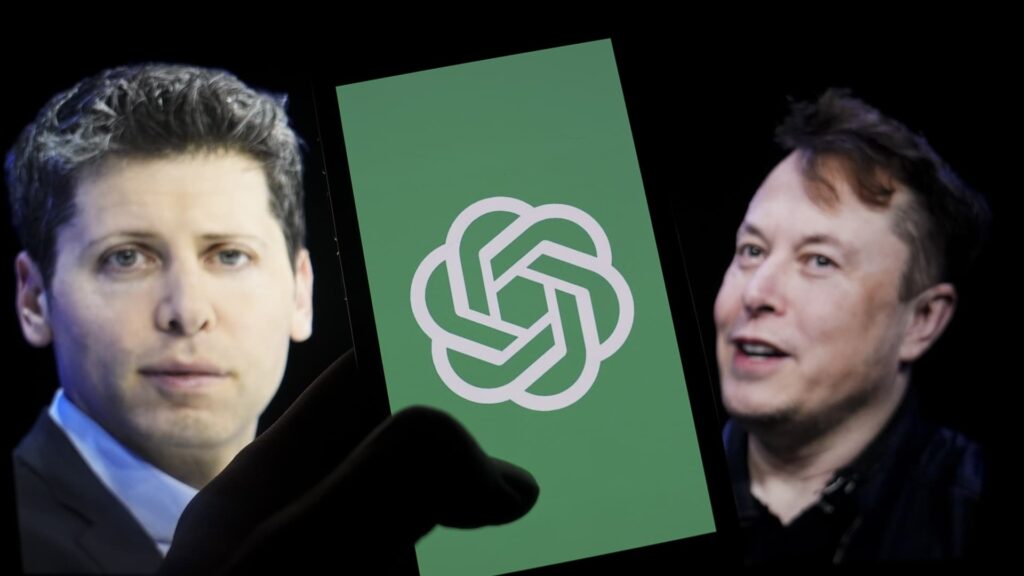
Former Employees Take a Stand
Interestingly, some of OpenAI’s former staff have stepped forward, not to defend the company, but to express sympathy with Musk’s concerns. These individuals have stated that they left the organization because of growing discomfort with how it was being run and the direction it was heading. Several have openly voiced ethical concerns, saying the company’s move toward secrecy and monetization undermines the original mission of ensuring AI benefits humanity as a whole.
The support from ex-employees adds weight to the ongoing debate. It suggests that the shift from a public-benefit model to a profit-focused one might not have been fully transparent internally, and that dissenting voices were not always welcomed.
Ethical Dilemmas in the AI Race
The case of Elon Musk’s lawsuit against OpenAI’s profit shift has reignited a broader conversation around the ethics of artificial intelligence. At the center of the controversy is the fear that powerful AI models, if developed behind closed doors and controlled by a few large corporations, could lead to negative societal consequences.
Musk has long been a vocal advocate for AI safety. His concern isn’t just about business—it’s about the survival of humanity in an age of increasingly capable machines. According to Musk, allowing AI tools like GPT-4 to become commercialized and locked behind paywalls poses a real risk of creating information monopolies and weakening global transparency in AI development.
This is a concern echoed by experts in the field. A report from Stanford’s Center for Research on Foundation Models emphasizes the need for open evaluation and research to ensure safety, fairness, and accountability in AI.
The Microsoft Factor
Microsoft’s involvement in the situation cannot be overlooked. As OpenAI’s main commercial partner and investor, Microsoft stands to benefit significantly from the exclusivity of advanced models like GPT-4. It has already integrated OpenAI’s technologies into its products, including Azure and Microsoft 365.
Critics argue that this strategic alignment with a tech giant contradicts OpenAI’s original non-profit model. They believe that the close ties between OpenAI and Microsoft signal a shift in priorities—from responsible innovation to maximizing shareholder value.
The long-term impact of this corporate partnership is still unfolding, but it has already sparked scrutiny from regulators and industry analysts. There are calls for increased transparency, not only from OpenAI but also from Microsoft, regarding how these technologies are being used and who really benefits from them.
What Happens Next?
As the legal proceedings continue, the world watches closely. Elon Musk’s lawsuit against OpenAI’s profit shift is more than just a courtroom battle; it’s a public confrontation over the future of artificial intelligence.
Will OpenAI be held accountable for moving away from its original mission? Will Musk’s concerns lead to greater transparency and reform in the AI sector? These questions are critical as more powerful AI tools enter our daily lives.
For now, this case serves as a wake-up call. It reminds us that ethical concerns should not be an afterthought in the AI race. Whether you agree with Musk or not, the conversation he’s forcing is one that must be had—about who controls AI, how it’s built, and what it’s truly for.
External References:
- Stanford Center for Research on Foundation Models
- The Verge – Elon Musk sues OpenAI
- CNBC – OpenAI and Microsoft partnership
- MIT Technology Review – The ethical challenge of AI
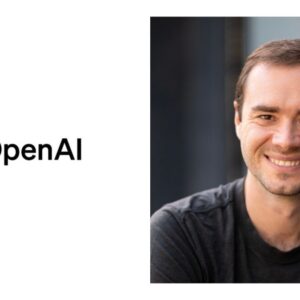
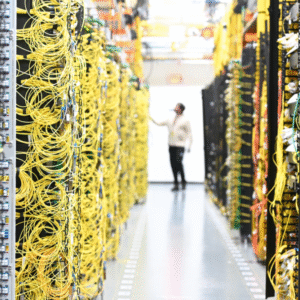


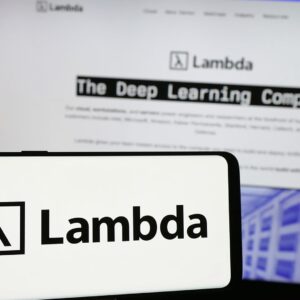


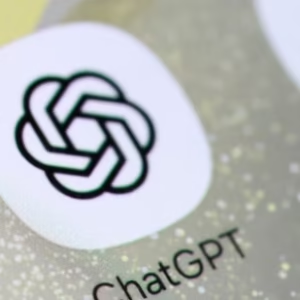


2 Comments